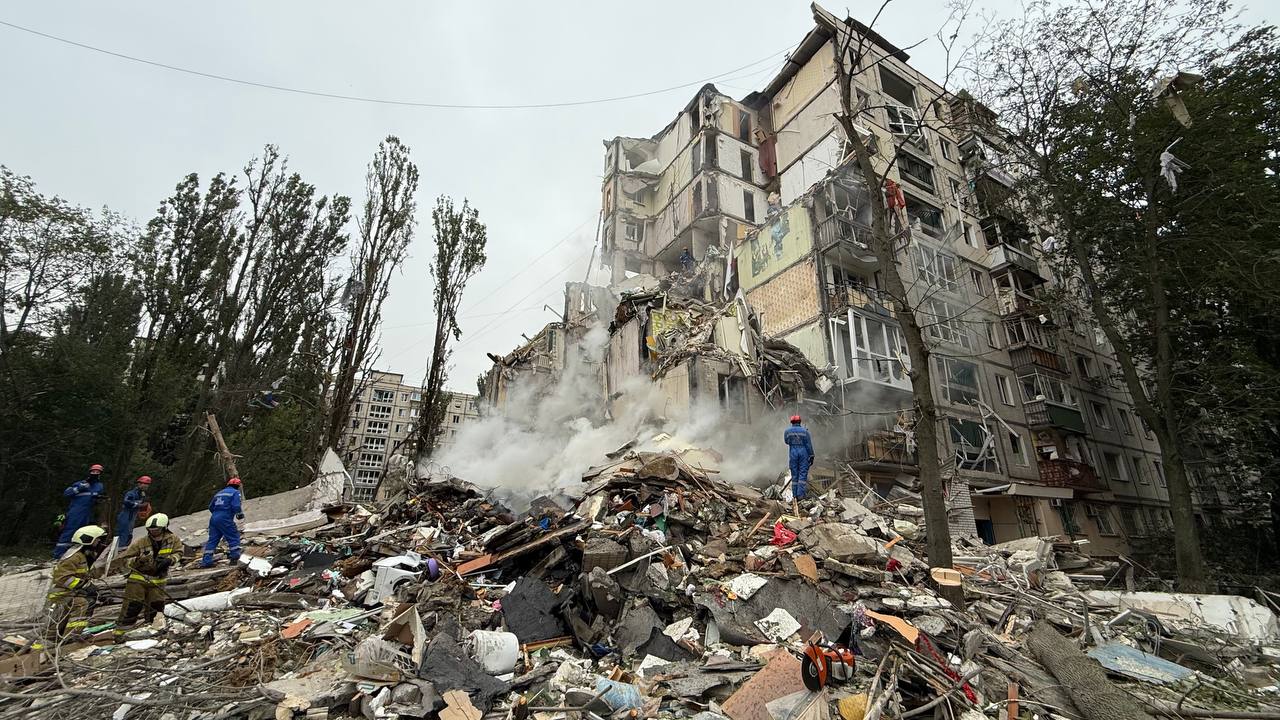Nicaragua signals readiness to recognize Russia's annexation of occupied Ukrainian territories, media says

Editor's note: This article has been updated to reflect comments made by Ukraine's Foreign Ministry.
Nicaragua's government signaled its readiness to recognize Russia's claim over four Ukrainian oblasts currently under partial occupation, according to a letter Nicaragua's President Daniel Ortega sent to Russian President Vladimir Putin on July 30, local outlet El 19 Digital reported.
In the letter, Ortega expressed support for what he called Russia's "heroic battle against Ukrainian neo-Nazism, supported by NATO." If formalized, Nicaragua could become the first country to officially recognize Russia's annexation of Donetsk, Luhansk, Zaporizhzhia, and Kherson oblasts — territories Moscow declared part of Russia in 2022.
The language in the letter mirrors Russian propaganda narratives and echoes the Kremlin's justification for its full-scale invasion of Ukraine.
In a statement provided by Ukraine's Foreign Ministry, Kyiv demanded that the Nicaraguan government refute the reporting.
"Should this information be confirmed, Ukraine will consider such actions a gross violation of international law, including the Purposes and Principles of the UN Charter, UN General Assembly resolutions, and Nicaragua’s international obligations," the statement read. "Ukraine reserves the right to respond in a manner proportionate to the unprecedented level of these unfriendly actions."
Nicaragua has maintained close ties with Moscow in recent years. In 2020, it opened an honorary consulate in Russian-occupied Simferopol, Crimea, prompting Ukraine's parliament to approve sanctions against the Central American country.
A year later, Nicaraguan officials signed a trade and economic cooperation agreement with Russian-installed authorities in Crimea.
Nicaragua is also one of the few countries to vote alongside Russia in UN resolutions condemning Moscow's aggression, joining the ranks of countries like Belarus, North Korea, and Syria.
The Kremlin's illegal annexation of the four Ukrainian oblasts followed widely condemned referendums staged under occupation during Russia's full-scale invasion. Despite the declaration, Russian forces do not fully control any of the four oblasts.
Russia has consistently rejected calls from Kyiv and its Western allies for an unconditional ceasefire, instead demanding that Ukrainian forces withdraw from the four partially occupied regions.
Russia continues to occupy about 20% of Ukrainian territory, including the Crimean peninsula, which it illegally annexed in 2014.











